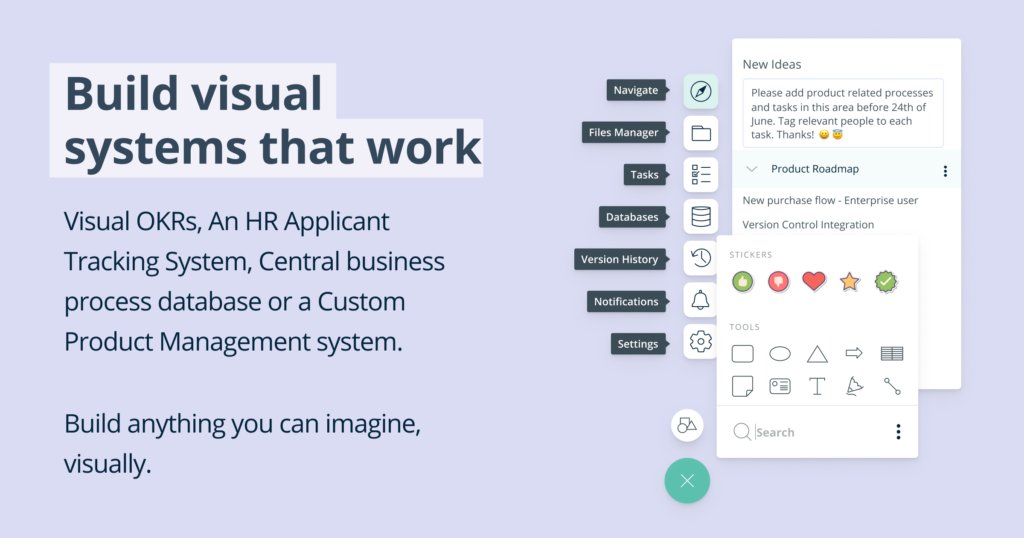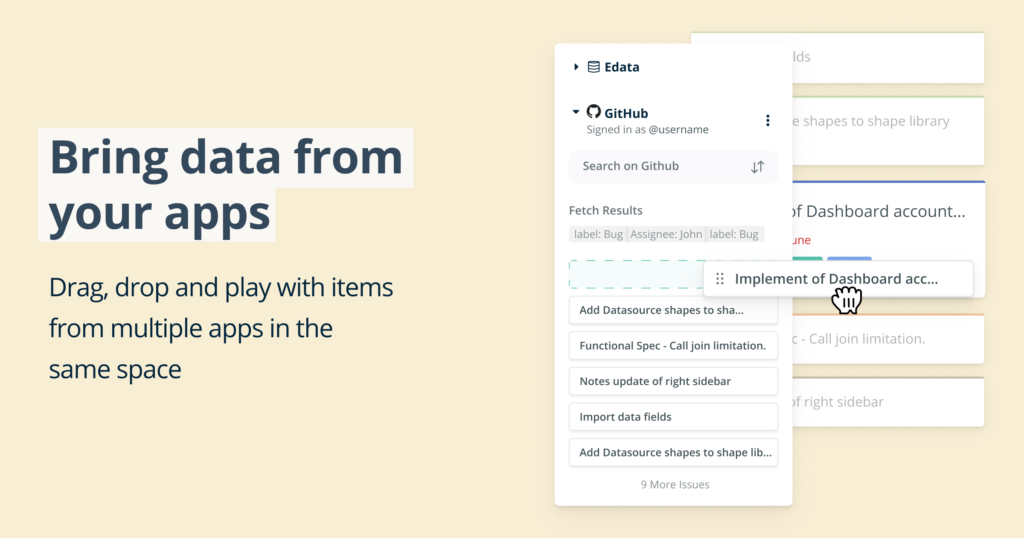7 Important Considerations | When deciding whether to take on a Contract vs Permanent based Business Analysis role.
An article discussing the key aspects beyond the business analyst salary that you should consider when weighing up the advantages and disadvantages of taking on a contract versus permanent based role as a Business Analyst.
What is contracting and why does it exist?
Contractors are self-employed professionals who provide specific services to companies for a pre-determined cost and a set period.
To reduce the cost and other compliance obligations of a permanent workforce, companies hire contractors. Contractors may appear to get a higher business analyst salary than permanent staff when comparing their daily rate, but companies save on payroll, insurance, annual and sick leave entitlements, and retirement benefits.
According to the Australian Bureau of Statistics, there are 1 million independent contractors (7.8% of all employed) in Australia.
Should you consider Contracting?
This is a question that I have dabbled with during many job hunts. And the answer to this question is – it depends on your personal situation and your risk appetite. Here are some points to consider while making your decision.
Consideration #1: Beyond the business analyst salary
It is no secret that contractors appear to get a higher business analyst salary (or daily rate) for the same job compared to their permanent counterparts with the take-home salaries almost double for the former compared to the latter. This is a huge motivator for many and one of the main reasons that make contracting seem so desirable.
However, salary needs to be evaluated against the tangible and non-tangible benefits that employers offer. Also, there are some hidden costs to contracting that need to be weighed up against the higher numerical figure on the offer letter. Some questions to ask yourself are:
- Does the contract rate reflect and make up for the cost of taking annual, sick, or parental leave?
- Does the contract rate allow me to make Super (pension) payments and still have enough net salary to live a good life?
- Have I considered all other costs such as the tax implications, professional development costs, and any other costs I might incur when working as a contractor?
Honestly answering these questions prior to making your decision will place you in good stead.
 Consideration #2: Personality
Consideration #2: Personality
As a contractor, you may have to interview for new opportunities frequently. Frequent interviewing may be stressful for some people, and you need to ask yourself if you fall in that category. You might be a person that revels in hunting for your next role, but you may also be a person who prefers stability for the long haul. It is important to consider these factors and know how you function best based on your personality type’s preferences.
Contracting can feel like you are taking on more risk especially when it is your first contract and you might wonder if the higher business analyst salary is worth it. Many contracts last for as little as 6 months. But there are exceptions and I know of people who have spent contracting for 5 to 6 years with the same company. They are usually on a 6-month rolling contract with that employer. Also remember that there could be times (especially during tough economic times) that contractors are the first ones to get impacted. For example, when COVID hit in 2019, I was contracting and was made part-time as a measure to reduce costs.
Whilst a permanent role can feel like the safer option, ask yourself if that is true. I was made redundant in an organization where I was a permanent employee. Although a permanent role may appear safer as an employment type it is subjected to similar challenges as if you were engaged as a contractor. The important takeaway is to be ready to act if the circumstances demand it.
Consideration #3: Career Growth
Usually, a permanent role lends itself to deliberate career growth. It is not to say that contractors do not grow in their careers. Employers tend to invest more in a permanent employee’s career and provide growth opportunities for permanent employees to pursue.
Contractors do not tend to get as much attention in terms of their career growth opportunities from employers because they are expected to manage their own career development independently.
So, if you are looking for potentially faster career growth, the best way is to opt for a permanent role (unless you are disciplined and committed to spending your own money and time to upskill and progress your career on your own). Be very clear with your reporting manager about what you are interested in and how you would like to grow your career.
Consideration #4: Flexibility
Some companies provide more work flexibility to their permanent employees. This can include flexible working arrangements in terms of hours of work, remote working, and so forth. Contractors are paid more and expected to be available during working hours (9 am – 5 pm).
There are however more and more employers who offer permanent and contractor-based employees similar flexible working arrangement options, which makes this point much less of an issue for contractors. However, if flexibility is important to you, closely evaluate the contracting vs permanent roles you get offered to assess how much flexibility is being offered as part of the role.
Consideration #5: Stress management
Another important factor to consider before choosing a type of employment contract is to think about how you tend to deal with stress and pressure. There is an unspoken expectation that contractors will deliver more, and consequently have less time for non-essential meetings and other learning activities on the job.
When choosing to contract you can be out of work within a week (or within a day, depending on the contract). Whilst this is not a common occurrence for most contractors if that ever happens you need to be prepared to act fast and get on with the recruitment process despite the stress that it might bring. This whole process can be quite distressing and perhaps another reason to consider sticking to permanent roles.
Consideration #6: What are the hidden costs of being a contractor?
Contracting doesn’t have the usual benefits of sick leave, carers leave, and personal leave. Contractors are not eligible for any bonus or share programs that employers offer. At my current organization, contractors are not even paid a referral bonus. So, contractors need to be aware that apart from the salary you may not get any perks or benefits those permanent employees take for granted. Check what your contract states and what your business structure is. You may also need to pay your own Super (pension payments), pay GST (sales tax) and BAS (Business Activity Statement) on your income. This would depend on how you have structured your contracting business. Speak to a qualified accountant to see what’s best for you.
 Consideration #7: Experience
Consideration #7: Experience
When considering embarking on a contracting career, having solid experience under your belt can be attractive to employers. When employers consider contractors, they are looking for experts who can hit the ground running with minimal on-the-job training. Employers prefer to have contractors who bring in extensive experience and a proven skillset gained in past projects. Having 4-5 years of Business Analysis experience can be valuable and help you stand out among other job applicants for the same role.
Is job security an illusion?
Many of us think of permanent employment to guarantee job security. I used to share that opinion. However, my perspective changed when I was made redundant from permanent employment during the initial wave of the Covid pandemic in 2020. According to Seek.com.au more than half the population (58%) either know someone who has been through redundancy or has been themselves. I urge you to consider this question and think about whether there are any safe jobs at all or if that is just a myth.
Conclusion
It is important to consider all aspects of permanent and contract roles before deciding which arrangement works for you. It comes down to more than just the potentially higher business analyst salary and includes considerations such as your personality, experience, and career aspirations.
My recommendation is to assess your circumstances holistically, make an informed decision, prepare for a potential worst-case scenario, and trust for the best opportunities while you march ahead and enjoy your Business Analyst career.
About Us
Learn more about the courses we offer: Business Analysis Excellence IIBA® Endorsed Training courses.
Author of this post: Sonia Narang







